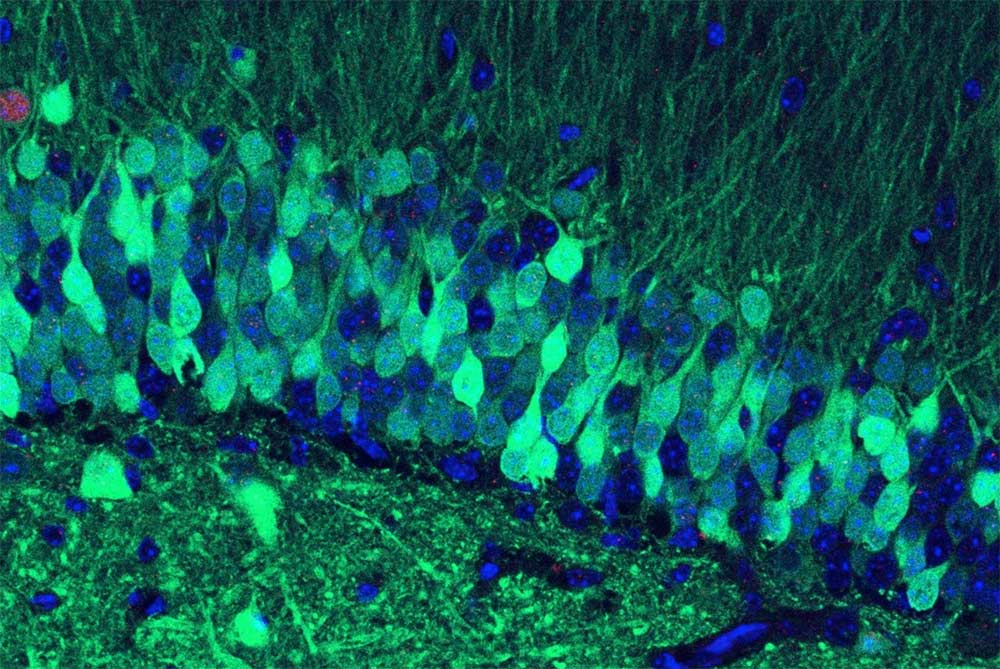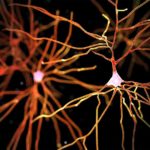A stream of recent research on engrams, a unit of measuring cognitive information in the brain associated with memorical storage, has provided researchers at Picower Institute at MIT with the validation that it’s emerging into a common basic unit of memory.
The new study, published in the journal Science, unveiled how engrams are part of multiscale networks of neurons. The term engram, coined by Richard Semon, a 20th century memory researcher, was established in addition to ‘engraphy’ and ‘ecphory’ as constructs to the mnemic process correlated with memory, as hypothesized by Semon.
From the findings: “The idea that memory is stored as enduring changes in the brain dates back at least to the time of Plato and Aristotle (circa 350 BCE), but its scientific articulation emerged in the 20th century when Richard Semon introduced the term “engram” to describe the neural substrate for storing and recalling memories.”
The findings add, “Essentially, Semon proposed that an experience activates a population of neurons that undergo persistent chemical and/or physical changes to become an engram. Subsequent reactivation of the engram by cues available at the time of the experience induces memory retrieval.”
From a series of tests on rodents, researchers found that memory stored in an engram complex could be retrieved by its reactivation.
“We review recent progress in studying engrams, including an evaluation of evidence for the existence of engrams, the importance of intrinsic excitability and synaptic plasticity in engrams, and the lifetime of an engram,” researchers stated.
“Together, these findings are beginning to define an engram as the basic unit of memory.”
“The long-term goal of engram research is to leverage the fundamental findings from rodent engram studies to understand how information is acquired, stored, and used in humans and facilitate the treatment of human memory, or other information-processing, disorders.”
“The development of low- to noninvasive technology may enable new human therapies based on the growing knowledge of engrams in rodents,” the study concluded.


